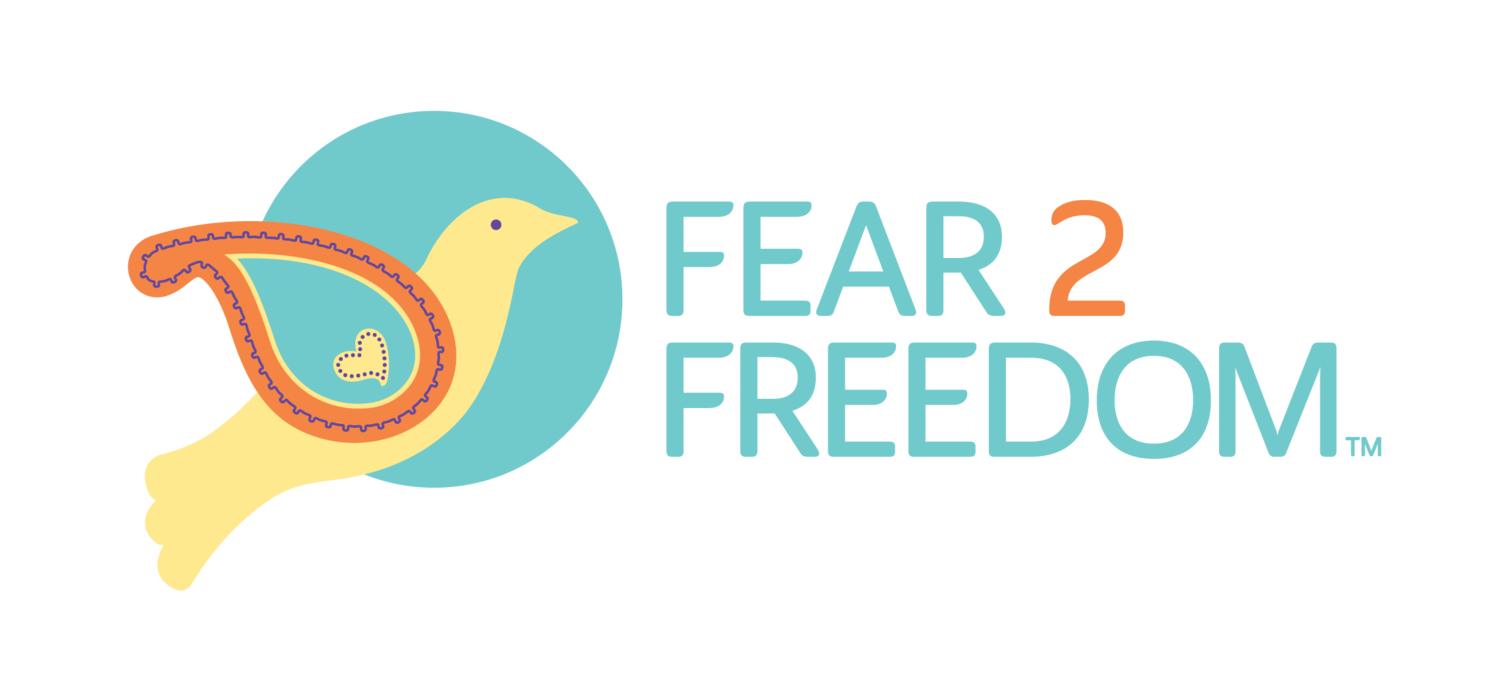written by: Linda Li & Tracy Johnson, F2F interns, spring 2024
During our recent visit to Riverside Regional Medical Center, forensic nurse examiner Beth Young walked us through the rapid development of forensic nursing as a subset of nursing in the past decade, explaining how increased awareness of the unique nature of sexual violence has spawned dedicated procedures for caring for victims.
Forensic nurses play a critical role from the moment they meet a patient: supporting victims’ psychological wellbeing, collecting and submitting evidence, and liaising with patient advocates, law enforcement, and other mental health services. Before forensic nursing was recognized as a subspecialty, regular doctors lacked the trauma-informed tools to address sexual violence, making it uncomfortable to work with victims and support their journey to recovery. Beth also mentioned that patients had to wear paper scrubs, which essentially signaled to everyone in the hospital that something terrible had happened to them.
In the examination room, we observed a quiet, warm-tinted space with floral decorations and affirmative statements plastered on the walls. They felt non-imposing, as patients would not be receptive to excessive encouragement in the immediate aftermath of an incident. Beside the patient’s bed was a chair for the victim advocate, who is also trained to respond empathetically and professionally to survivors. This set-up is significant because, as trauma-informed training emphasizes, victims of sexual violence undergo different forms of self-protection mode, and their reactions can range from extreme distress to complete stoicness. In these states of aftershock, forensic nurses must strive to maintain the integrity of evidence collection and comfort the patient before they provide their police testimony (if they so choose). Beth explained that forensic nurses could better examine victims for evidence from head-to-toe under these conditions.
As awareness of sexual assault has risen, so has the demand for forensic nurses. Nationally, and within Virginia, a shortage of certified forensic nurses is a significant barrier to providing comprehensive care to survivors. At Riverside, forensic nurses like Beth were often called to surrounding counties when a survivor of sexual violence comes forward. Riverside also served as a “hub” for Fear 2 Freedom’s Aftercare and iCare Kits, and Beth would often bring extra kits with her when she was sent to other hospitals.
To address these challenges, Riverside has been able to provide more resources for patients by staffing the forensic nursing department 24/7. With a staff member always present, they are able to provide more support for the patients that are coming in. This means that a patient will have less of a wait time in the open area of the emergency room, while also having a direct line to immediate care. Forensic nurses also are trained in trauma-informed care responses, so they can educate officers that show up and other staff that may interact with the patient about the best ways to support victims. All of this decreases the chances of further traumatization for the survivor. As more staff comes on, the amount of patients and quality of care given to these survivor has increased alongside each other. This continues to prove how essential forensic nurses are for these processes.
For more information on forensic nursing you can visit the IAFN website, and to find a forensic program near you, visit their organization directory.


